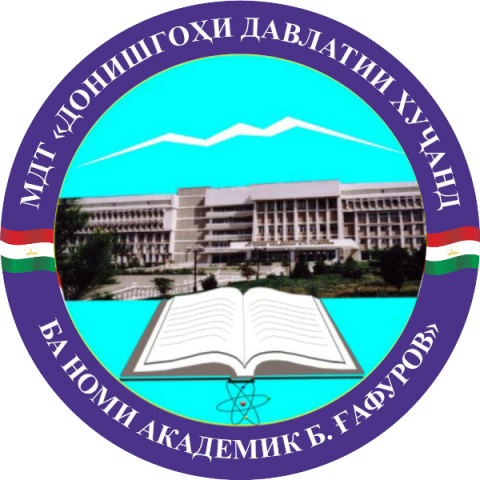list (humanitarian 2023)
MUHAMMADMUHSIN FANI KASHMIRI`S CONTRIBUTION INTO PERSIAN LITERATURE DEVELOPMENT OF INDIA
 
Authors:┬áGaffori Zamira Abdullozoda, doctor of philological sciences, professor, chief scientifics worker of Research Institute of Arts, under SEI ÔÇ£KSU named after acad. Bobojon GafurovÔÇØ (Tajikistan, Khujand)
JOURNAL NUMBER: 3(76). YEAR OF ISSUE: 2023.  LANGUAGE OF THE ARTICLE: Tajik
 
 ANNOTATION
Muhammadmuhsin Fani Kashmiri is considered to be one of the famous Persian poets who lived in the 17th century in India displayed the highest poetic mastership and professionalism aimed at the enrichment of the traditions of all literary genres, including mesnevi, qasida, ghazal, rubai, qit'a, etc. First of all, Fani is a mystic poet and using the possibilities of the mesnevi form he reflected in them the main provisions of mysticism, which testifies to the poet`s profound spiritual and philosophical knowledge. Fani wrote mesnevi on moral and love themes, with the inclusion of Indian subjects as well. Perfecting motifs traditional for Persian-Tajik poetry and correlating them with Indian themes and plots, Fani made an endeavor to enrich and renew it thematically. As a representative of the Indian style, Fani Kashmiri made a significant contribution into its development and dissemination. Fani demonstrates great mastership in searching for new themes and content (mazmunsozi and ma'niofari) while using isafetal word combinations and phraseological turns, etc. The study of the peculiarities of the Indian style in Fani`s creation will allow us not only to reveal his spiritual world, but to determine the important contribution of the poet and his poetic heritage to the development of Tajik and Farsi literature either.
KEY WORDS
Muhammadmuhsin Fani Kashmiri, Persian-language literature of India, the 17th century, mesnevi, Indian style, mazmunsozi and ma'niofari, isafetal word-combinations, phraseological turns
 ðÉð¢ð│ð╗ð©ð╣Ðüð║ð©ð╣
ðÉð¢ð│ð╗ð©ð╣Ðüð║ð©ð╣
 ðóð¥ÊÀð©ð║Ëú
ðóð¥ÊÀð©ð║Ëú  ðáÐâÐüÐüð║ð©ð╣
ðáÐâÐüÐüð║ð©ð╣ 
